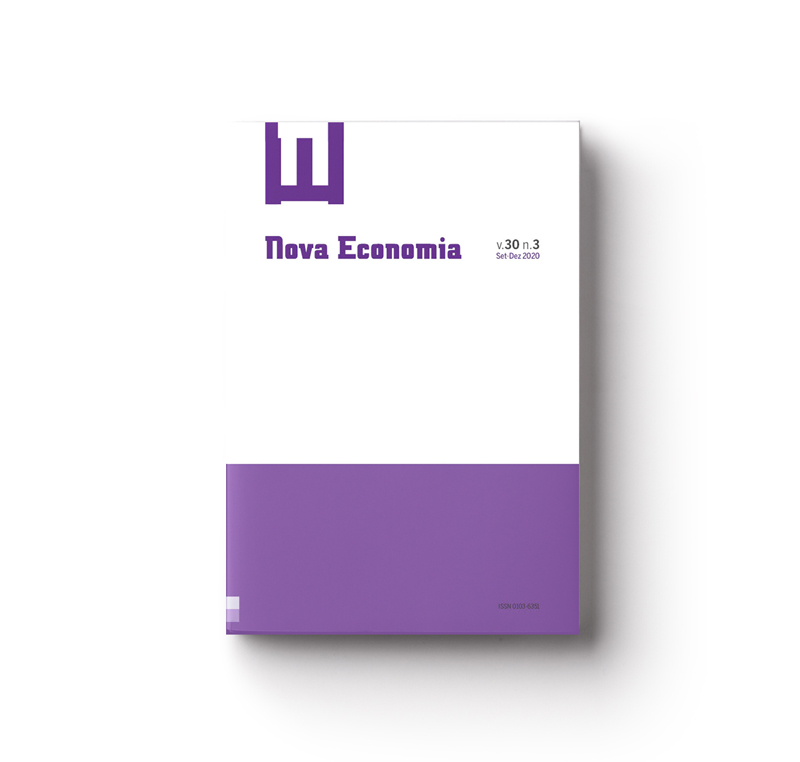Assessing food insecurity in Brazil: the issue of the non-symmetric effects
Abstract
The main objective of this article is to study how a set of socioeconomics characteristics impacts the probability of occurrence of different levels of the food insecurity in Brazil. This is performed taking into consideration the informational complexity of the Brazilian Scale of Food Insecurity (EBIA). Our hypothesis, which are tested through a generalized ordered logistic model, is that the explanatory variables offer asymmetric effects regarding the different categories of food insecurity measured by the EBIA. The results confirm that hypothesis, pointing out that it is important to consider the complexity involved in the food insecurity phenomenon to discuss public policy.
Downloads
Published
How to Cite
Issue
Section
License
Copyright (c) 2021 Ely José de Mattos, Lorenzo Luiz Bianchi, Camila Horst Toigo

This work is licensed under a Creative Commons Attribution 4.0 International License.
Authors who publish with this journal agree to the following terms:
- Authors retain copyright and grant the journal right of first publication with the work simultaneously licensed under a Creative Commons Attribution 4.0 International License that allows others to share the work with an acknowledgement of the work's authorship and initial publication in this journal.
- Authors are able to enter into separate, additional contractual arrangements for the non-exclusive distribution of the journal's published version of the work (e.g., post it to an institutional repository or publish it in a book), with an acknowledgement of its initial publication in this journal.
- Authors are permitted and encouraged to post their work online (e.g., in institutional repositories or on their website) prior to and during the submission process, as it can lead to productive exchanges, as well as earlier and greater citation of published work (See The Effect of Open Access).




